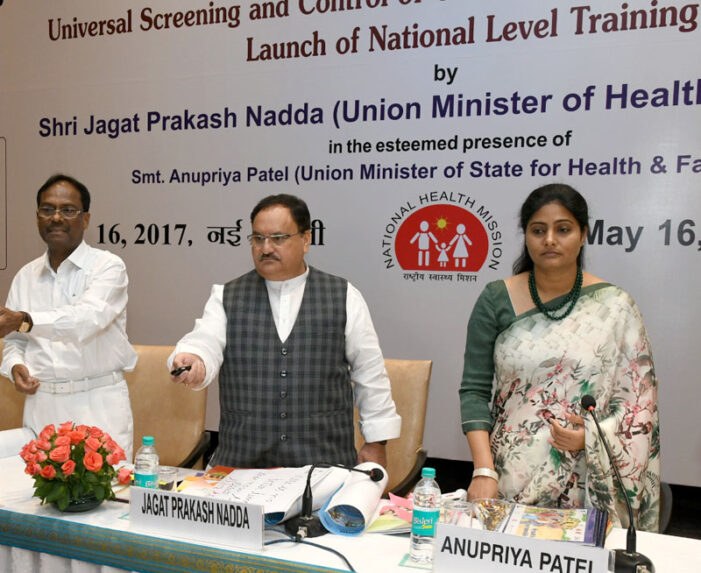Following the first zika virus positive test report from Ahemedabad and two more in surveillance tests, the government said it has announced immediate measures to tackle the cases and test equipment across the country.
The sample was from a 34-year-old female patient admitted to hospital with complaints of fever following delivery of a healthy baby who had no travel history to any Zika affected country. Two more cases have been confirmed positive for Zika virus disease from the samples collected during January and February 2017. The other two cases include a 22-year-old pregnant woman in her 37th week of pregnancy and a 64-year-old male with 8 days history of fever.
Though World Health Organization had declared last November that Zika disease infection no longer constituted a Public Health Emergency of International Concern (PHEIC), the state government and the Centre have initiated country-wide Zika laboratory based surveillance in India that has so far tested 36,613 human samples and 16,571 mosquito samples for the presence of Zika virus, though no more positive cases have been reported.
National Guidelines and Action Plan on Zika virus, prepared and shared with the States whille an Inter – Ministerial Task Force has been set up under Chairmanship of Secretary (Health) with Secretary (Bio – Technology), Secretary (Department of Health Research) as members, said a statement.
The Joint Monitoring Group, a Technical group under DGHS, tasked to monitor emerging and re-emerging diseases is regularly reviewing the situation on Zika virus disease, it said.
All the International Airports / Ports have displayed signage providing information for travelers on Zika virus disease and to report if they are returning from any of the affected countries and suffering from febrile illness.
Integrated Disease Surveillance Programme (IDSP) is tracking for clustering of acute febrile illness in the community and sensitized its State and District Rapid Response Teams, while the National Institute of Virology, Pune, and NCDC, Delhi, 25 laboratories have been strengthened by Indian Council of Medical Research for laboratory diagnosis.
Currently, three entomological laboratories are conducting Zika virus testing on mosquito samples and six more lab staff have been trained for vector surveillance for Zika virus.
The Rashtriya Bal Swasthya Karyakram (RBSK) is monitoring microcephaly from 55 sentinel sites though no increase in number of cases / clustering of microcephaly has been reported from these centers, said the government. Meanwhle, a 24×7 control room (011-23061469) is functioning from Directorate General of Health Services.

